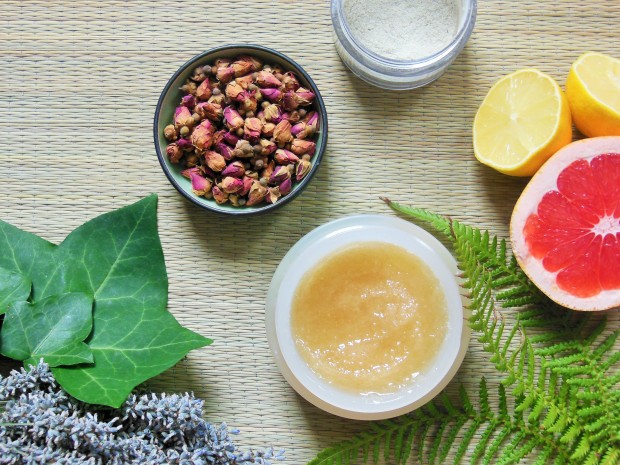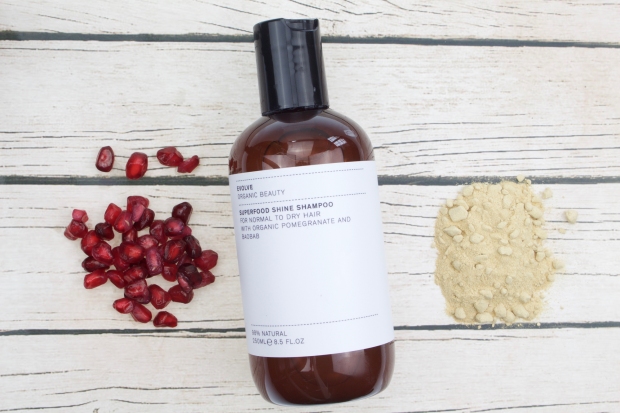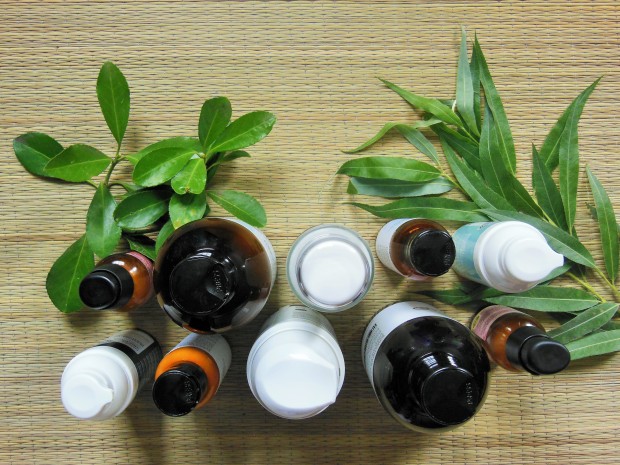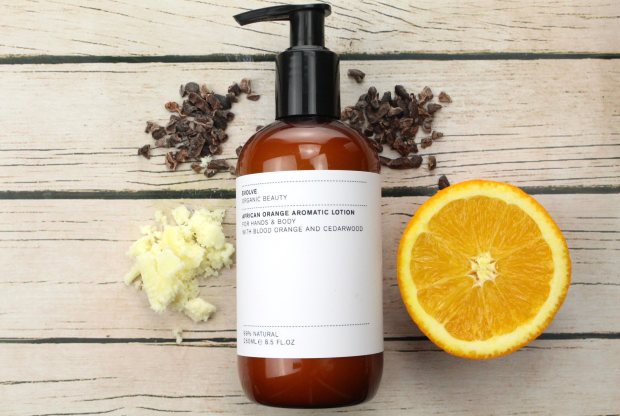Last year the UK natural prestige beauty market was valued at £124 million, accounting for 26% of prestige women’s skincare. With a category growth of 16% (compared to beauty market growth of 7%), natural beauty can no longer be considered niche. It may still be tricky to source natural beauty products from conventional department stores and drug stores, but consumers are seeking them out, mostly finding them in health food shops and organic food retailers. As natural skincare becomes increasingly mainstream so does the use of popular natural ingredients, but unless you’re a seasoned pro at decoding what they do, product benefits can sound confusing. Find out more about some of the key natural skincare ingredients and what they actually do.

Aloe Vera
The aloe vera succulent plant features distinct pointy, thick green leaves with little spikes along the leaf’s edges. The leaves are filled with a gooey water-filled tissue which results in the gel texture associated to aloe vera. It is widely used by the health and beauty industry with an estimated annual market value of $13 billion globally. Known for its antibacterial properties, it’s also an effective treatment for skin rashes and irritations, and proves particularly popular in soothing sunburn. Due to its nourishing properties it can be found in shampoos for dry hair, and its antibacterial properties can tackle an itchy dandruff-prone scalp by getting rid of dead cells. You’ll find this ingredient in Evolve Organic Beauty Superfood Shine Shampoo, a 70% organic formula designed for dry hair that gently cleanses and soothes the scalp.

Image courtesy of Evolve Organic Beauty (all rights reserved)
Coconut oil
Considered as one of the most versatile oils around, coconut oil can not only be found in the kitchen (for frying, spreading on toast and blitzing in smoothies) but also in many bathroom cabinets. Composed of around 94% healthy fatty acids, it reduces inflammation and moisturises, and its antioxidants help to heal skin, making it idea for burns and eczema. I had a pot of Vita Coco coconut oil a couple of years ago and used this versatile product for everything, from a moisturiser to makeup remover, nail cuticle oil and treatment for silky hair. The one I’m currently using is Dr Organic Virgin Coconut Oil Moisture Melt.
Hyaluronic acid
Although it sounds a little scary (acid? on my skin?), hyaluronic acid is actually naturally produced by our own skin cells to help maintain moisture levels. You may have already heard about its impressive ability to hold 10,000 times its own weight in water, however with age and environmental aggressors (hello pollution), our natural reserves get depleted, hence the popularity of this natural beauty ingredient in skincare. When applied topically hyaluronic acid can result in plumper and firmer skin with the appearance of fine lines reduced. You’ll find it in many serums and face creams, or why not experience it with a gentle cleanser such as Nourish’s Kale 3D Cleanse.

Rose essential oil
Roses really do have it all don’t they ? Lovely to behold, with a beautiful scent favoured by perfumers, the star of countless stories (Beauty and the Beast being my favourite), the rose proves a popular flower not just for its looks but also for its essential oil benefits. Made from rose petals and high in antioxidants, this essential oil is known to help the skin’s healing process, fading acne scars and stretch marks. It’s also great to use directly on acne in its pure form, or diluted with coconut oil. Bloom Remedies Daily Cleanser (reviewed in my Rare Beauty post) includes rose essential oil in its formulation for clean, gently hydrated skin.
Rosehip oil
This has got to be my favourite natural beauty ingredient. I discovered it when using Trilogy’s Oganic Rosehip Oil for the first time and fell in love with the result: radiant, healthy-looking skin. Rosehip is the fruit produced by the rose plant, the little red bulb that appears once the flower dies. The vitamin-rich seeds (vitamins A, C, D and E) are pressed to create the oil known for its anti-inflammatory properties. Like rose essential oil it helps to fade acne scars and stretch marks as well as fighting skin damage caused by pollution, and its antioxidants have anti-ageing properties. Probably one of the most popular natural skincare ingredients around, I’m looking forward to trying out Fushi’s organic cold-pressed rosehip oil.

Image courtesy of Evolve Organic Beauty (all rights reserved)
Shea Butter
If you use any form of moisturiser or balm there’s a high chance you will have come across shea butter already. This fatty substance obtained from the nuts of the shea tree (also known as karite which is the term used in French) provides a thick buttery consistency ideal for lipbalms, body butters and cleansing balms. Not only do the vitamins and fatty acids in shea butter make it ideal as a moisturiser, it’s also a great at reducing skin inflammation. You’ll find it present in the likes of Evolve Organic Beauty African Orange Aromatic Lotion to nourish and soften skin.
What are your go-to natural beauty ingredients ? Please leave a comment below to let me know. Look out for part two in next week’s post, featuring more healthy skin boosting star ingredients.
Features PR samples

This is such an informative post! It’s so important to know not only what we’re putting on our skin but actually what it does too. Natural alternatives are definitely becoming more popular!
Samantha x
https://thebeautyspyglass
LikeLiked by 1 person
Hi Samantha,
It was actually really interesting for me to research these ingredients, even after all this time working in the beauty industry there were lots of benefits I wasn’t aware of! I’ve got a part 2 post coming out this Thursday with more ingredients…
Thank you for reading 🙂 xx
LikeLike
Great piece!
LikeLiked by 1 person
Thank you for taking the time to read it!
LikeLike